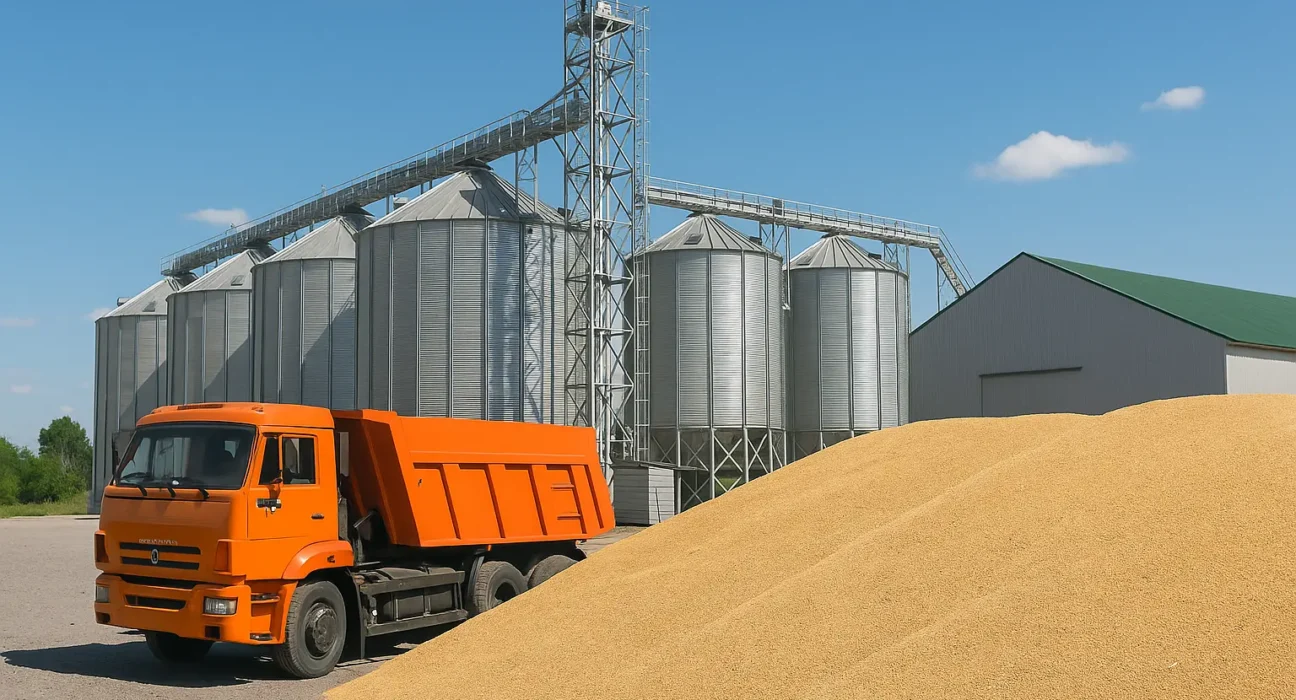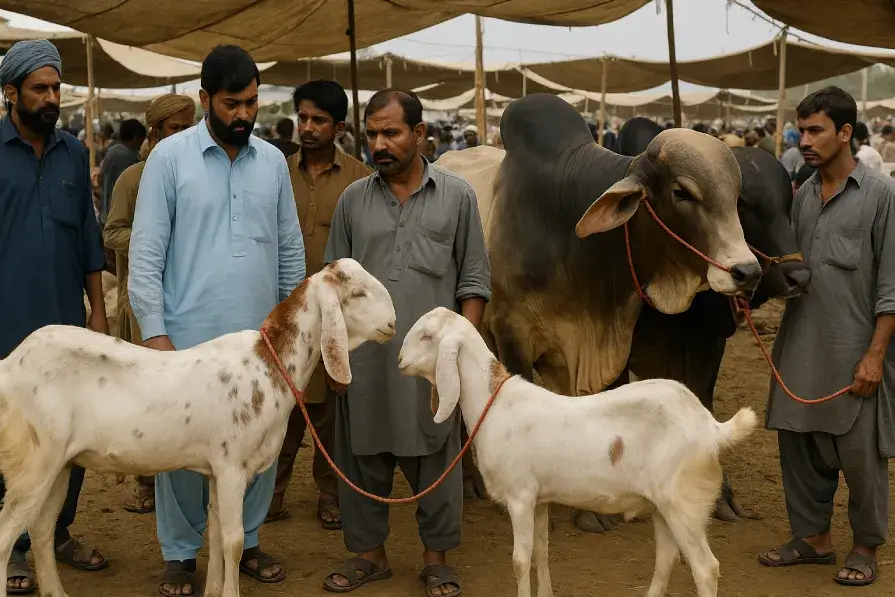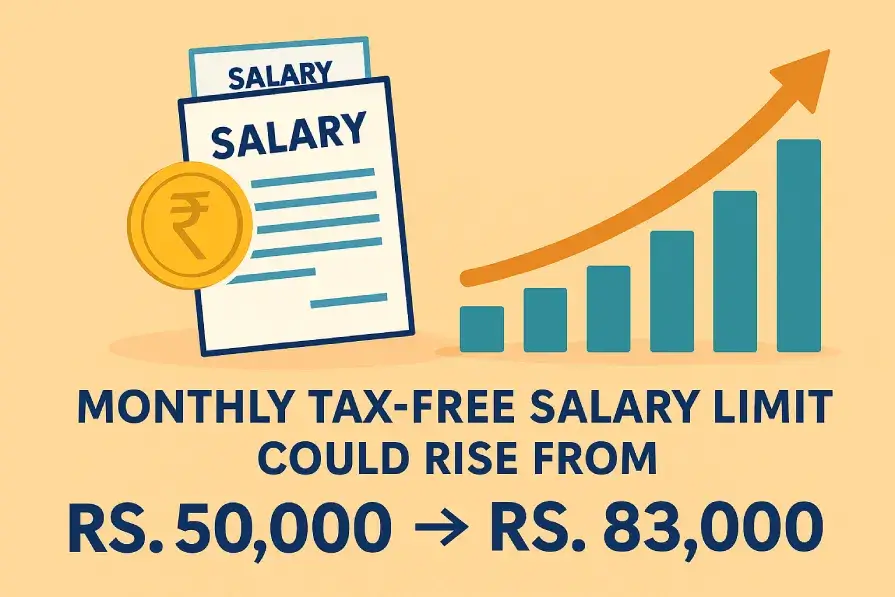Punjab Empowers PMEX for Wheat EWR Trading to Revolutionize Agri Markets

By officially selecting PMEX as the trading platform for electronic warehouse receipts, the Government of Punjab (GoPb) is taking a key step to support the country’s agriculture economy. By accessing this initiative, farmers and traders can now use their smartphones to connect in real-time and access fair prices.
EWR trading of wheat is expected to give rural communities greater transparency, help control the waste of harvested crops and introduce them to reliable and formal sources of finance instead of the traditional informal systems they depended on.
What Are Electronic Warehouse Receipts?
Once the harvest is left at the warehouse and confirmed, farmers receive an Electronic Warehouse Receipt that confirms their ownership. Support for these receipts comes from a connected environment that includes:
• Collateral management firms
• Accredited warehouse operators
• Commercial banks
The Securities and Exchange Commission of Pakistan (SECP) oversees the regulations within the stock market.
There is no need for the farmer to store foods at home anymore, as EWRs make it possible to trade or borrow using the stored items.
The Role of PMEX in EWR Trading
PMEX is precisely designed to provide a multitude of futures contracts to the Pakistani financial markets.
• Real-time price discovery
Easy trading on the go with our mobile and web platforms.
• Secure transaction processing
Transparency of trading activity is in full compliance with SECP rules.
“PMEX is proud to assist the Government of Punjab in its ambitious reform by bringing in advanced tools for better market efficiency,” remarked Mr. Zafar. We provide advanced technology to help all participants in the market make the most of accurate prices, secure transactions and increased competition.
Traders and investors nationwide can now offer their futures contracts to smallholders through PMEX, providing access to local and global prices and enabling farmers to benefit from global wheat markets.
Why This Move Matters for Farmers
Generations of farmers around Pakistan, particularly in Punjab, have struggled with challenges such as the following.
Farmers often have to sell their crops prematurely because they don’t have equipped storage facilities.
• Poor access to market information
• Lack of collateral for agri-financing
• Exploitation by middlemen
EWRs directly address these challenges. Electronic receipts allow farmers to document the storage of their produce in reliable, verified facilities.
They can earn more financial returns by selling their wheat at higher prices set by the market.
Lenders can consider EWRs as valuable assets to grant farmers loans.
• Avoid post-harvest spoilage
• Tap into digital agri-finance ecosystems
This change is significant in achieving greater financial inclusion in Pakistan’s agricultural sectors.
Enhancing Market Liquidity and Transparency
Wheat exchange-traded derivatives will be available for trading in a freely accessible electronic market on PMEX. PMEX allows transacting parties to buy and sell wheat futures instantly.
• Better price signals across regions
• Improved supply chain planning
For the first time, price swings from false scarcity will be minimized.
PMEX stands out from conventional markets thanks to its SECP-managed price transparency that establishes credibility among all involved parties.
Strategic Alignment with SECP and SBP
The initiative is coordinated with initiatives being implemented by numerous government agencies.
The Securities and Exchange Commission of Pakistan plays a major role.
• SBP (State Bank of Pakistan)
Various local government institutions and rural agencies are involved in the initiative.
Punjab government is working with these organizations to accomplish its objective.
• Strengthen post-harvest infrastructure
• Encourage a greater number of farmers to join the formal economic sector.
The model is designed to be easily applied in other areas across the country.
Working together allows this system to remain both trustworthy and adaptable over a wide area.
Building a Sustainable Agri-Trading Ecosystem
The introduction of wheat EWRs on PMEX may inspire development of similar mechanisms for other crops such as rice, maize, cotton and pulses.
• Rice
• Maize
• Cotton
• Pulses
Fully equipping farmers with the right storage facilities and a digital understanding of commodity trading would allow them to join the markets and move beyond the traditional and inefficient modes of exchange.
Strengthened risk factors for institutional lenders arise because all commodities carry digital tokens ensuring transparency and accountability.
The Road Ahead: Opportunities and Challenges
Still, significant obstacles exist on the way to full adoption.
• Digital literacy among rural populations
• Availability of accredited warehouses
• Reliable transport and storage logistics
Training banks and local merchants to operationalize this platform.
This collaboration highlights the ways in which public-private partnerships can face and resolve the issues involved.
Future developments will involve various initiatives.
• Farmer awareness campaigns
• Mobile training applications
Extending PMEX’s mobile trading solutions to ensure functionalities can be used even without internet access.
Conclusion: A Game Changer for Pakistan’s Agriculture
By enabling EWR trading on PMEX, Punjab is preparing agriculture for the digital transformation of the nation. Punjab is introducing innovative changes to commodity management thanks to its emphasis on digital trading, secured storage and greater financial access.
With success in Punjab, similar reforms may be implemented across the country, transforming Pakistan’s agriculture into a technology-driven, participatory and information-rich sector. The first steps are being taken now, leading to a revitalized and secure rural economy.









